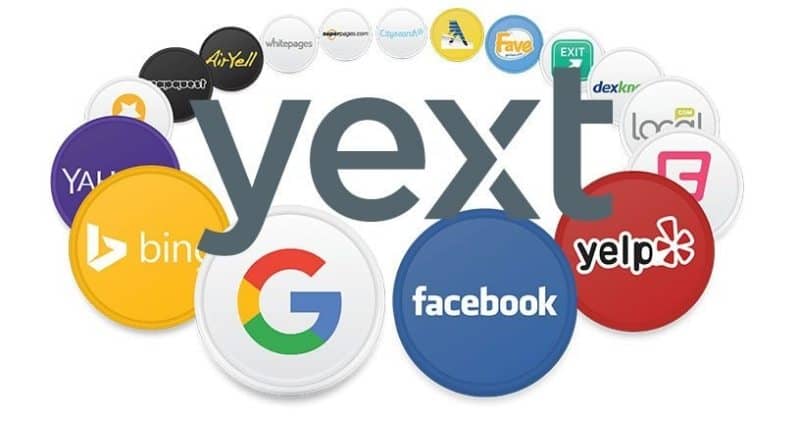
Meta also warned that next year it expects operating losses for Reality Labs, the division that works on its virtual- and augmented-reality-powered services, to grow “significantly year-over-year.”
On a slightly more positive note, the company reported that user growth numbers on Facebook and its other apps rose compared with the same quarter last year.
Meta’s mixed financial results arrive at a time when the social media giant is facing a laundry list of macroeconomic threats to its underlying business model. The company is facing intensifying competition for advertising dollars and users in the social media market from newer rivals such as TikTok and Snapchat. And the targeted advertising methods that turned Meta into an economic behemoth took a hit last year when Apple introduced new privacy restrictions that forced appmakers to explicitly ask users whether they could track their activity across the internet — a request many rebuffed.
Meta chief executive Mark Zuckerberg said Wednesday during a call with investors that the company will be able to overcome some of those challenges with its new product investments, including its decision to mimic the same artificial-intelligence-fueled strategy that has made TikTok so popular by showing users entertaining content from strangers over posts from their friends and family. The company is also heavily promoting its short-form video product Reels on Instagram and Facebook as well as new advertising options for business in private messages.
Zuckerberg said people play Reels on Facebook and Instagram 140 billion times a day, which he said is a 50 percent increase from six months ago. He added that the company expects to be able to compete with TikTok by giving users content from their social networks as well as offering them a steady stream of viral content from creators.
“We can mix this content alongside posts from your family and friends, which can’t be generated by AI alone,” Zuckerberg said. “We’re developing a flywheel between discovery and messaging … to make these apps stronger.”
By emphasizing Reels to users, Zuckerberg acknowledged, the company was taking a revenue hit because it’s still harder for the company to make money from the short-form video product than it is from other products.
“We expect to get to a more neutral place over the next 10 or 12 to 18 months,” Zuckerberg said.
Zuckerberg also touted the company’s investment in a product that allows businesses to run ads on Facebook and Instagram that, once clicked, start a messaging thread with the customer. That service is on track to generate $9 billion in revenue a year, according to the company.
After years of soaring profits and seemingly endless success, Silicon Valley giants have been forced to manage their resources in an uncertain economic environment. Meta executives recently implemented a hiring freeze and told employees it would stop making new offers to job candidates, sourcing candidates and approving internal transfers, according to a memo posted to the company’s internal message board and viewed by The Washington Post.
“Each org leader is working through their exact plans for next year, but it’s important to pause recruiting and not bring new people into teams while they do this work,” wrote Lori Goler, Meta’s top human resources director. “Providing this stability will make sure we don’t put people into roles that may change or disappear next year.”
Meta said on Wednesday that the head count on some teams would hold steady while other teams would shrink. The company also said that it would increase head count for its highest priorities and that overall head count next year would probably be similar to its current level of 87,314.
Meanwhile, Meta is investing billions to create immersive virtual worlds known as the metaverse that are accessed through virtual and augmented reality. Leaders at Meta, which renamed itself from Facebook last year, believe people will want to work, play and shop in these digital realms. Earlier this month, the company unveiled a new high-end virtual-reality-powered headset for nearly $1,500.
Asked by one investor whether the company was over emphasizing “experimental bets” over products that have proved to be effective at generating revenue, Zuckerberg said no.
“There’s a difference between something being experimental and not knowing how good it’s going to end up being,” he said. “But I think a lot of the things that we’re working on across the family of apps, we’re quite confident that they’re going to work and be good.”

















